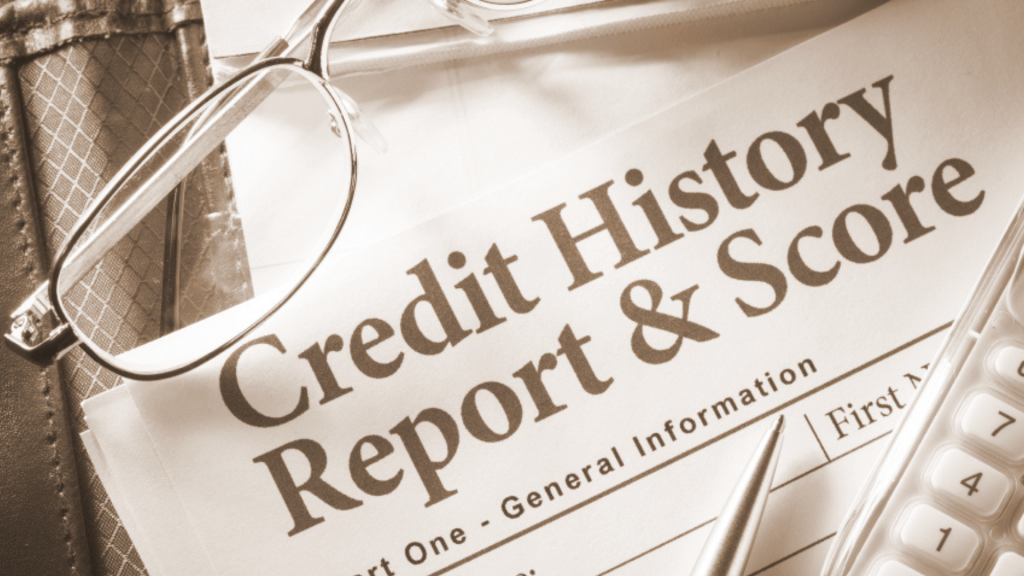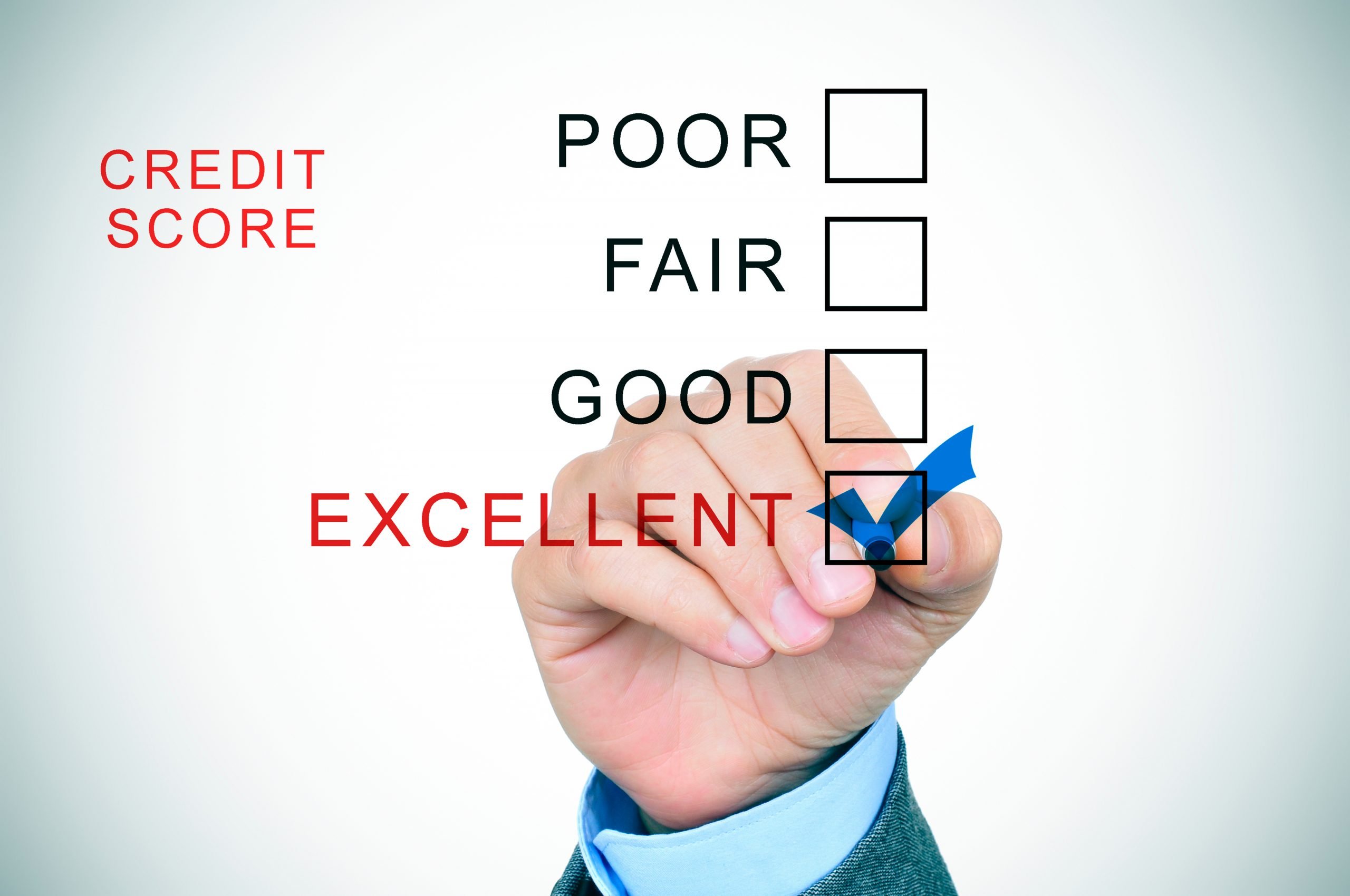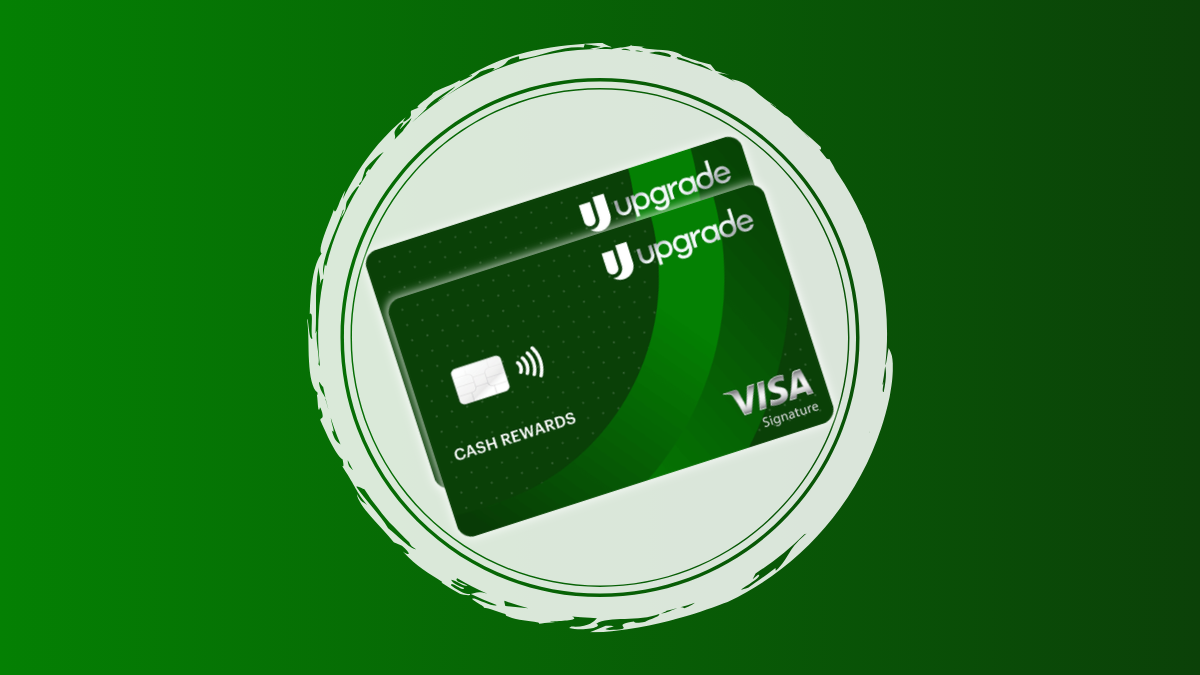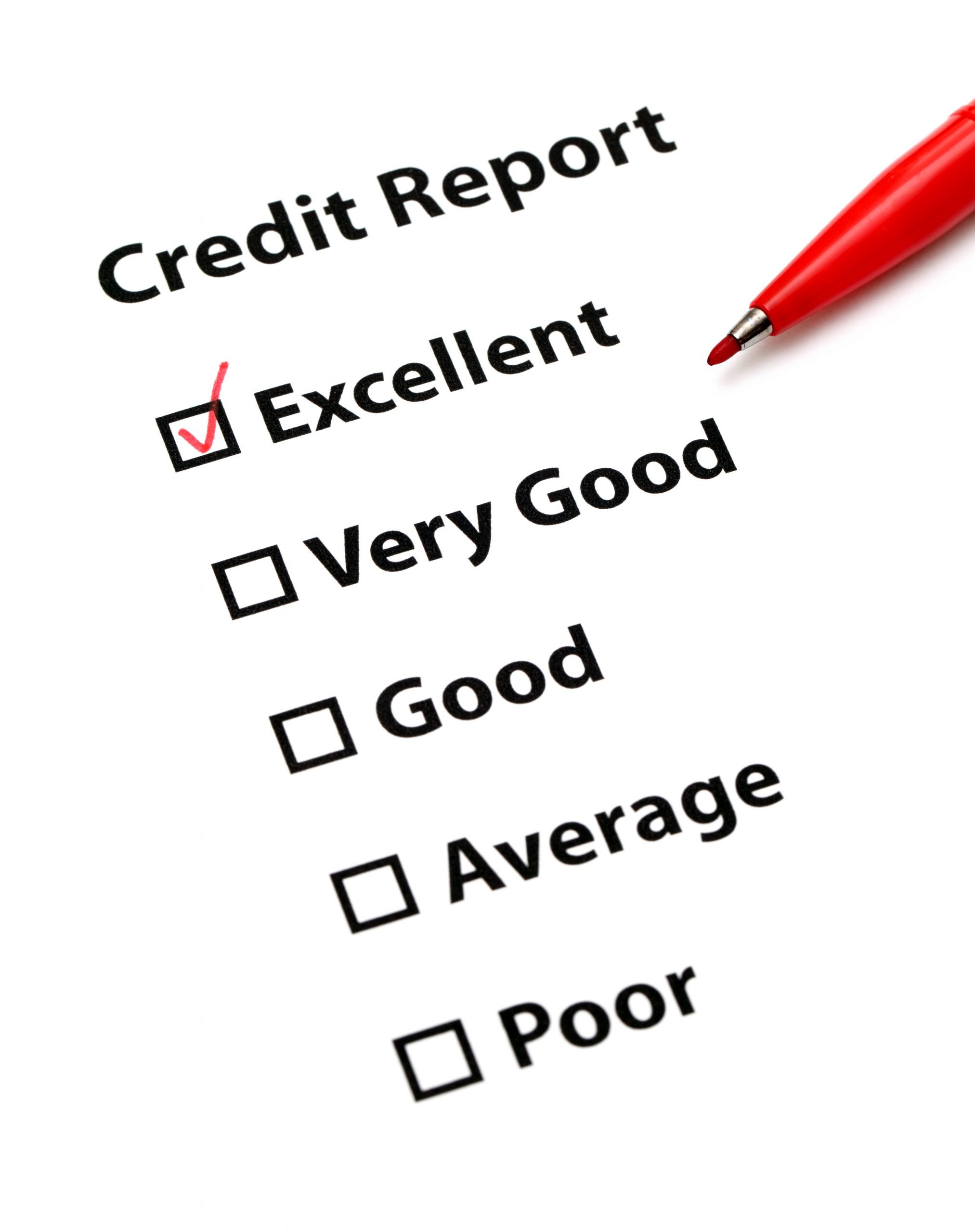Financial Education
Credit score vs. credit report: everything you need to know
Your credit score and credit report can make your financial life easier or more difficult. So understand what they are and why they are so important.
Advertisement
Understand how the credit score and credit report can affect your financial life

Having a healthy financial life goes far beyond saving. It is also essential that you have a good credit score and a credit report that speaks highly of you. However, many people confuse the meaning of these two terms. Thus, some believe that there is a disconnect between these terms, something like “credit score vs. credit report”.
Others, in turn, think that “credit score” and “credit report” are the same thing. However, both thoughts are wrong. In this article, we will explain what each of these terms is.
In addition, we will explain why they are so crucial for your financial life. So, read the article below, learn more about personal finance, and get closer to your financial goals.

Best finance books for beginners: 3 options
There are many finance books for beginners. However, you don't have to read them all: go straight to the most important works.
What is a credit score and what is a credit report

Below, we’ll explain the meaning of credit score and credit report so that you can understand the difference between them. Check it out!
You will be redirected to another website
You’ll receive messages for less than 1 week, with a maximum of 1 message per day. You can unsubscribe anytime by replying STOP. By submitting this form, I confirm that I am 18+ years old and agree to the Privacy Policy and Terms and Conditions. I also provide my signature, giving express consent to receive informational messages via automated emails, SMS, MMS text messages, and other forms of communication. Message frequency may vary as part of our good-faith effort to respond to your inquiry. Message and data rates may apply. Text STOP to cancel. I understand that my consent to receive communications is not a condition of purchase and that I may revoke my consent at any time.
Credit report
In effect, the credit report is a document that contains information about how you have used your credit for at least the last ten years. There, you will find information about credit/debit cards, loans, mortgages, and financing, among others.
Basically, it provides information about payments and delays to give you a general idea of how responsible you have been with your credit usage. Three federal agencies are responsible for organizing your information and issuing this document. They are Equifax, Experian, and TransUnion.
For this, they receive direct information from the bank/credit agency you use/used. The credit report is your “life story with credit.” If you are responsible for the use of these resources and make payments on time without accumulating too many debts for a long time, this document will speak well of you.
However, if you have difficulties honoring your commitments, your credit report will also contain this information. Any credit company can consult your credit report from the moment you apply for a loan or credit card, for example.
Thus, this information can be decisive for a company/bank to decide whether or not to accept your request. If you’re curious to know what your credit report says about you, you can get a free consultation.
To do this, just access the website AnnualCreditReport.com. An updated report will be available to you every 12 months.
Credit score
Unlike a credit report, a credit score is not a document. In turn, a credit score is a number that ranges from 300 to 850. Similarly, this is also an indicator of responsibility in the use of credit. The higher your score, the more trustworthy you become to credit companies.
In fact, a high credit score can be the key to lower interest rates, better credit cards, and better loans, for example. In fact, most lenders prefer to look at your credit score rather than your report. That’s because it’s faster and easier: just look up a three-digit number instead of parsing through a document’s pages.
Also, credit scores tend to be complete information. Companies like FICO and VantageScore consider at least 5 criteria to calculate it. Meet them below:
- Payment history (35%);
- Amounts due (30%);
- Extension of credit history (15%);
- Credit mix (10%);
- New credit (10%).
The percentages next to each criterion are the level of importance that FICO assigns to each criterion. Thus, other companies may include other measures and give more or less importance to each one. Unlike your credit report, your credit score cannot be consulted for free.
Companies that generate this data often charge monthly plans so you can keep track of your score. However, some credit cards allow free consultations.
What is a good credit score?
The credit score is divided into ranges of values. This makes it even easier to know if a score is bad, average, or good. For FICO and VantageScore companies, your score is considered good if it is between 670 and 780.
According to Equifax, a score in Canada, the score is good when it is between 660 and 724.
Scores above this range are considered excellent.
Which one is more important: credit score vs. credit report?

In a dispute between credit score vs. credit report to decide who is most important to your financial life, who would win? In fact, under certain conditions, the credit report is more important. It’s a fact that a good credit report can’t do much on its own.
However, without a good payment history, it is impossible to have a high credit score or raise your score. In fact, most companies that generate credit scores look at your credit report to see how you are using your credit. So, score and credit report are different things.
However, they are closely linked. Also, it’s easy to see that a good score is, in part, a reflection of a good credit report.
The importance of having good credit
In fact, regardless of your credit score, you can get credit cards, loans, and many other credit services. However, the best deals on the market will always be available only to those who have a good credit score. In fact, loans available to people with good credit are always larger and with lower interest rates.
Credit cards for good credit scores usually have great rewards programs. That way, cashback, frequent flyer programs, zero APR periods and welcome bonuses become commonplace for you. This is because companies understand that they can trust you more if you use credit wisely. In this way, they offer advantages that might attract you.
Once you understand the differences between credit score vs. credit report, you must be convinced to build good credit. Your path can start right here! Click on the link below to understand more about credit scores and how to grow them.

What are credit scores? An uncomplicated guide
Do you know what credit scores are? Learn what the impact of this number on your financial life is and how to improve it!
Trending Topics

Upgrade Cash Rewards Visa® full review: should you get it?
With the Upgrade Cash Rewards Visa®, you don't have to worry about annual fee, and you can enjoy cash back on unlimited purchases.
Keep Reading
Apply for Pheabs Loans: Fast Cash for Urgent Needs
Learn how to apply for Pheabs Loans and get quick, easy access to funds with flexible repayment options, ideal for any financial need.
Keep Reading
OneMain Financial Loan Review: Up to $20,000!
Find out how you can get a loan of up to $20,000 with good terms by reading our OneMain Financial Loan review!
Keep ReadingYou may also like

Merrick Bank Secured Credit Card full review: should you get it?
Are you looking for a credit that best fits your credit-building needs? If so, read our Merrick Bank Secured Credit Card review!
Keep Reading
Why are airline prices so high right now: the underlying reasons
Have you ever wondered why are airline prices so high? We have the answer! Find out what's behind the rise in ticket prices.
Keep Reading
Credit cards for excellent credit: 5 options for a world of possibilities
Exclusive bonuses, rewards, and perks. Discover how to make the most of your excellent credit score: here are 5 cards for excellent credit.
Keep Reading